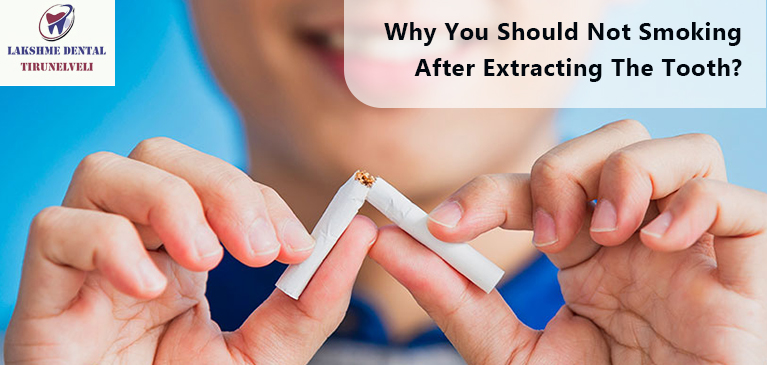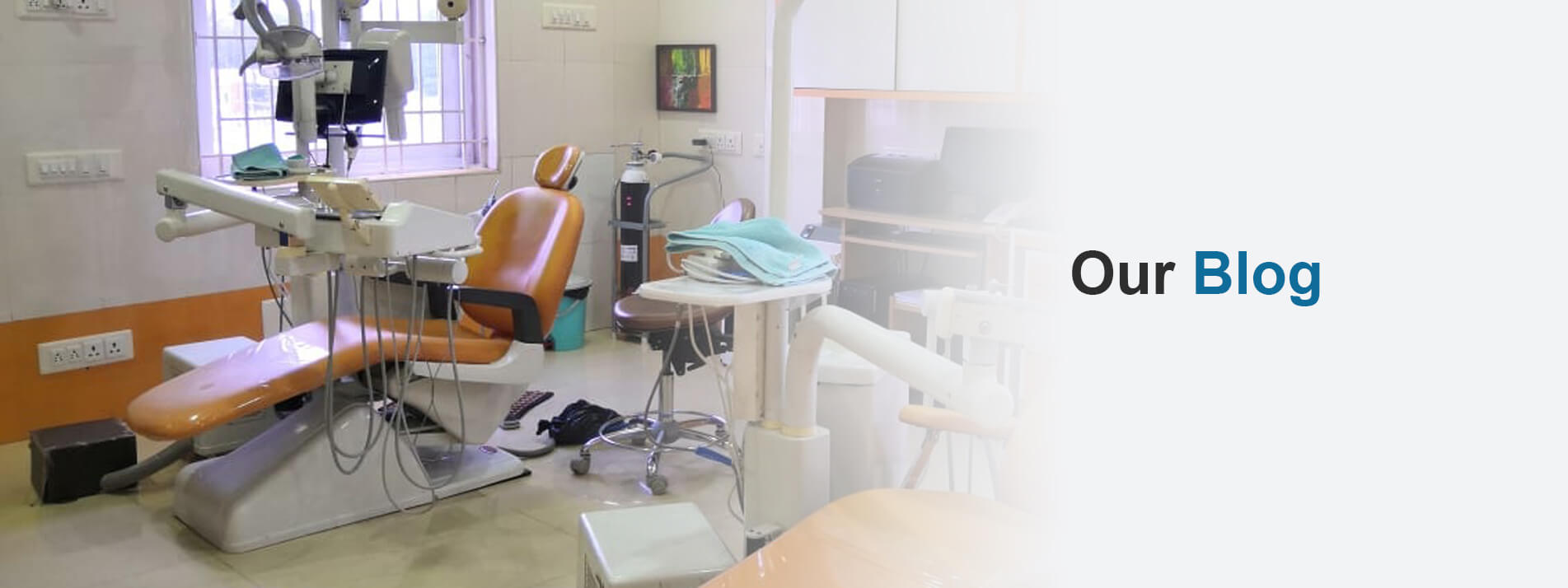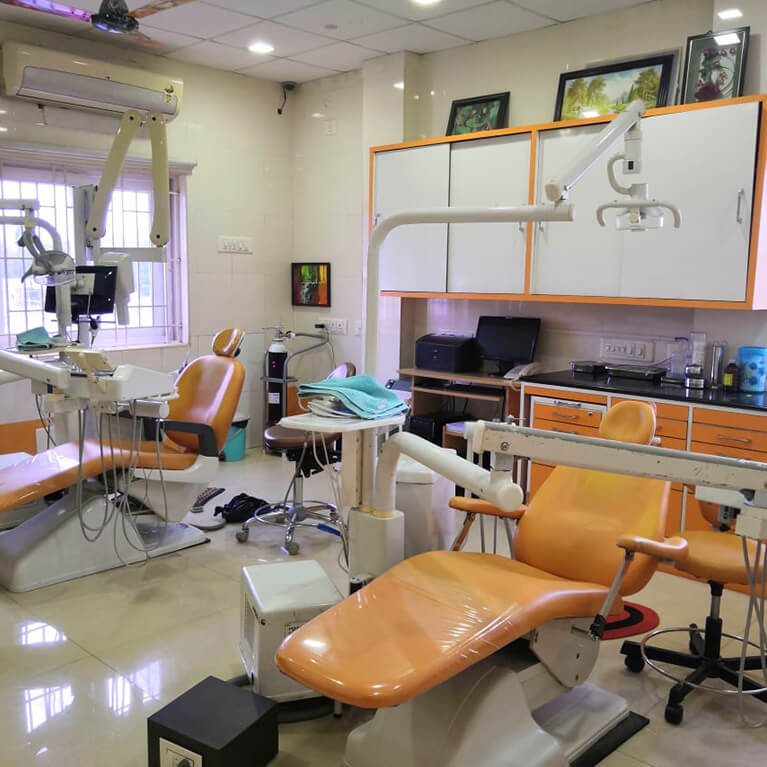
Why you should not smoke after extracting a tooth?
Tooth removal will remain as the only salvage when a dentist found tooth recovery is not possible. Most frequently, tooth extraction is recommended to cease the infections in a decayed tooth enter into the blood vessels. At times, tooth removal is mandatory to address crooked or crowded teeth and wisdom teeth obstacles. Whatever the cause is, removing the problematic tooth will give you the relief from oral pain and afflictions in the coming days.
Despite the cause, you should emulate the prescribed aftercare instructions. Restraining yourself from smoking and tobacco products after a tooth extraction is crucial. Why?
The aftereffects of smoking on teeth extraction sites are more irksome.
What are the consequences of smoking after removing a tooth?
In general, dentists make dissolvable internal stitches to cover up the surgical site. Repeated sucking and exhaling actions with smoking will dislodge the stitches and reveal the tissues to the toxins in cigarettes. This delays healing and provokes various complications as follow:
1) Painful healing
The toxic substances in tobacco products cause damage to the tissue cells. It causes intense pain in the surgical or tooth extraction site. Moreover, the carbon monoxide formed while smoking entered the bloodstream. It discriminates the oxygen and nutrient supply to the tissues in the surgical area that resulted in delayed healing.
In simply, smoking breaks the sutures made in the tooth extraction region and makes oxygen deficit which ends in painful healing & increases the risk of infection.
2) Dry Socket
Dry Socket is a problematic condition that occurs with dislodging of blood clots developed after extracting a tooth surgically. Dentists refer this condition as a hole in the bone as it exposes the bone and nerves in the tooth extracted region. Besides delayed healing, it radiates acute pain throughout the jawbone that makes even opening and closing your mouth a tough thing.
Dental doctors reveal that activities like smoking, chewing hard substances, using a straw to drink fluids can loosen the clots developed and end in a dry socket.
Bad breath and inflammation in the surgical site after removing a tooth clinically are the common symptoms of dry socket.
3) Infection in Gums
Everyone knows that the ingredients in cigarettes and tobacco substances are full of additives and toxic elements like nicotine. Inhaling and exhaling the smoke produced with burning cigarettes irritate the nerves and healing tissues.
Besides delay healing, the chemical substances annoy the healing gums causing inflammation in gums. This increases the risk of developing gum diseases.
Bottom line
You might know that smoking is not good for your mouth and body. You should stand distant from tobacco products while taking any oral care treatments. It is crucial to take a break from smoking after tooth removal. The longer you stay away from smoking quickens the healing process. To be precise, you should not smoke or take tobacco substances until the tooth removal site is healed.
If it is hard for you, reduce the number of cigarettes you smoke a day after extracting a tooth whilst you should not smoke for the first 3 days after a dental extraction. Likewise, don’t take any form of nicotine like nicotine patch, nicotine gum and even vaping apparatuses for the first 72 hours following the extraction.
Otherwise, you are susceptible to the possible problems we have discussed above.










